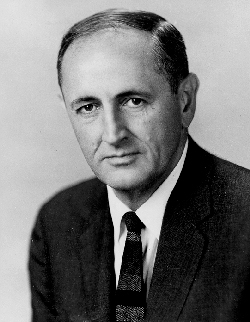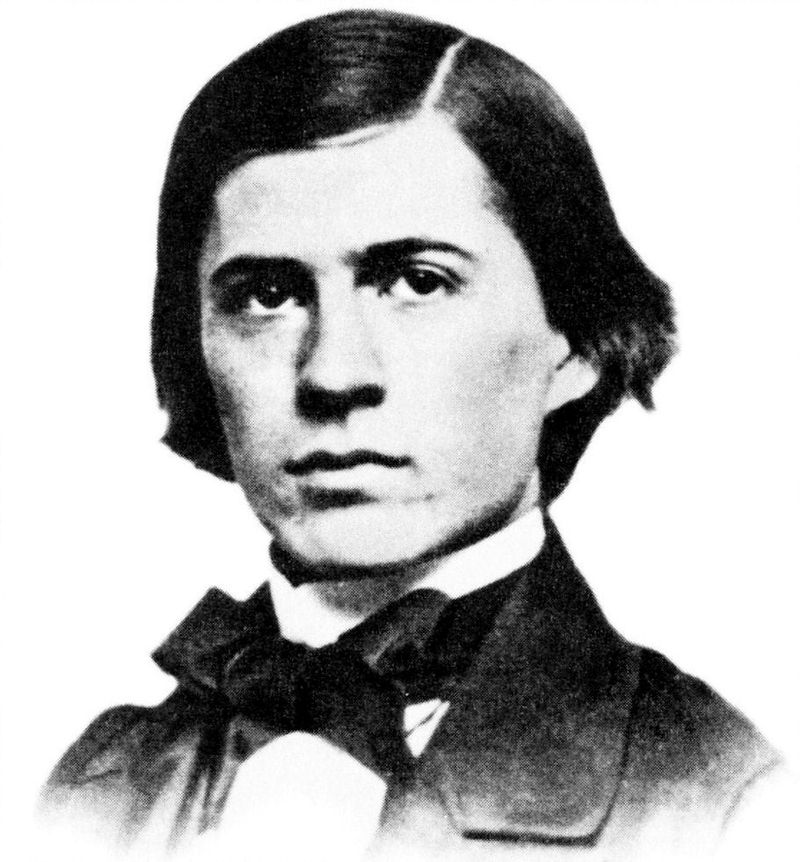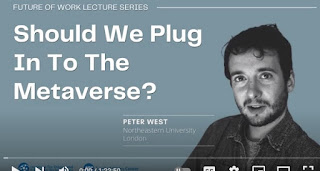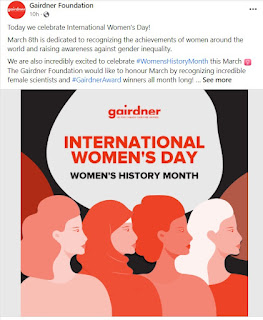TL;DR -- WWII gave Oxford (and Cambridge) the opportunity to focus on the women students. We point to four who were known as the Wartime Quartet. The subject? Philosophy. The context? Say, FB to Meta? Is this something of value and what type? Or not? Our focus on technology puts this type of discussion squarely on our table that is 400 years in the making. But more, underlying issues of consciousness and reality are where the issues lie, for many. Not for all. How do we lift this bit (pun) of shambles into some mature, rational framework?
---
One focus that we have deals with all aspects of technology; we are taking up the challenge in a vogue similar to that which the
Gairdner Foundation used as they supported research for many years, in biomedical research. And, technology in this sense is much more than the 'T' of STEM.
Of late, we have been looking at various computational modes that marvel the minds of people and that brings up discussion about consciousness and intelligence using an endless gauntlet of material that accompanies any attempt to adequately consider how technology has not only changed our lives but also can easily be seen to portend troubles in the future. At some past point, science split from philosophy though physics was known once as natural philosophy. Same goes for mathematics which is a core entity (almost foundation in its scope) and which has little room for philosophy.
Discussions of a necessary nature have been on-going the past century and were there earlier. Take the topic of consciousness, there are loads of opinions that abound with regard to what is involved with this phenomenon with which we are all familiar, but there is no real theory extant, yet. Will there ever be?
Or, we find ourselves stuck in the mode of demonstrative prowess which has been the most common approach that we have seen. Power orientation arises from this. Granted, technology when it works is great as, again, we all know. When it does not? Oh yes, let's talk that, later.
And, examples are there, too, say Google's offspring doing things that marvel the like of which when coupled with marketing suggest something like the 'second coming' (this concept is very much part of the worldview associated with how the U.S. came to be). In other words, miraculous events pend (are anticipated) due to perceived (or the expectation of new) potential lurking, waiting around the corner. Yet, is the stuff real? Lots of it is not, unfortunately. We can deal with that. Ought to. Have to given the state of the web/cloud/internet.
John will say this (does not apply to robotics which has a different set of dilemmas) with regard to huge portions of what is called machine learning: AIn't can't Kant. This will be one of many memes. Should the reader want to add to the list, let us know.
Now, again, examples? Take the morph of FB to Meta. This is a very sketchy overview, but FB is a 'soc med' type of system that is about eighteen years old, has billions of users worldwide (those in the U.S. are a small percentage), is there 24/7, has led the way in both good and not-so-good ways (will not talk 'bad' as we really are dealing with science and its responsibility beyond twiddling with quantum bits or dreaming of cosmological takeovers), and a lot more. In 2022, there was a change to have a focus that merges augmented reality, virtual life, 3D modeling of an extreme manner, artificial intelligence (all types), and development of a commonality which bridges all of these silo'ic modes into something integrative, useful, and, perhaps, even of great power for the world and its people.
Aside, you all know of the crypto bust of late. Also, that approach is hugely expensive and not by any ilk to be considered mature. Yet. It ran and reigned minds. What came from this event of late will be discussed? Seriously, we need viewpoints that encompass the totality as much as we can. Science is disparate in nature, by choice, How can it get back to a healthy state?
Reminder? Philosophy used to be an assistance. It has not gone away. Now, that things have become so murky with respect to who is doing what, why, and 'is it real' are only a small set of a large space of confusion. America (norte) started this stuff. It is this culture that will recognize the consequences and work to make it much better, for everyone.
Publications of a philosophical nature quote from the older crowd that is familiar, say the Greeks and early Europeans, as well as with the names of those who thought of this stuff all the way down to the 20th century. Even later authors have weighed in. Being that this work has a technical nature, lots of the discussion does deal with mathematics and computer science as well as computer engineering. But, humanities, business and all of those realms? Yes, they are paying attention.
In fact, one concern is that of late we find business types releasing 'machine learning' models upon the public, usually arguing that it's for their customers' and clients' benefit. Yet, take it from an informed observer, lots of these things are causing even more problems of a nature that is painful to watch. We had a post on this:
Why is AI so dumb? There have been other posts. But, our focus is not just on
AIn't.
For one thing, this issue does not deal with trivial subjects, by any means. As we know, there are loads of universities around the world with departments dealing all sorts of topics, and these represent 'knowledge' in some manner. Too, we have humans who can demonstrate expertise of other types that are not of any academic category. In short, humanity consists of almost unbounded talent which we see demonstrated from time to time.
We, in particular, want to show how the 400 years since the colony started plus the 250 years of the U.S. can be used to establish threads for discussion that help bring technology into a proper light as required by accelerating expansion of technical modes. We are not in a simple world. Never were. But, we came from an older culture. We pick England as an ancestral hub, however the continent comes into play, too.
As mentioned, there is active philosophical discussion now about computing, more than seen before. Some are looking at whether we are experiencing a Kuhnian paradigm shift. In this discussions, there was mention of a suggested change to the reading list on the subjects.
BTW, the group was called the Wartime Quartet since they were women students at the time when most of the male students were off, involved with WWII particularities. In one of the overview essays, it was noted that the women did not try to outdo each other. Lesson for males? Rather, they tried to get to the bottom of problems and to look at solutions.
Aside: that's the way in the business world where the owners set the pace; as opposed to the academic milieu's issues (observed many PhDs who worked in both environments).
This is cursory, again. But, let's start with the names plus a little information about the scholars, especially noting that which applies to our themes with respect to history and technology.
Mary Midgley -- quote: I do think that in normal times a lot of good female thinking is wasted because it simply doesn't get heard.
Philippa Foot -- granddaughter of U.S. President Grover Cleveland (needless to say, of New England heritage)
Iris Murdoch -- Irish philosopher and author who studied at both Oxford and Cambridge.
G.E.M. Anscombe -- In 2010, philosopher Roger Scruton wrote that Anscombe was "perhaps the last great philosopher writing in English".
This is more than an advanced post for next year's WHM. This quartet was brought up in a talk about whether we ought to follow Zuckerberg (FB, Meta) to his new environment. In that same discussion, Berkeley and Descartes were discussed. We didn't see Kant, except for some implicit reference. In any case, after reviewing material from the quartet, we are ready to bring them into the discussion as 20th century examples. Albeit Philippa is the only American, but these minds are of the culture that was the foundation of the colonies and the subsequent Nation; and so, this material needs more exposure.
Oh yes, all along, we have talked about the internet and the new information modes and how they will help us improve the historical look at about any situation over the past 400 years. This is another example of that endless bit of tasks which will be on the plate going forward.
---
Note: Where I saw the Wartime Quartet referenced. Video lecture from UMass: Should We Plug In To The Metaverse?
Already, I like Mary due to her interchanges with Dawkins.
Remarks: Modified: 12/14/2022













